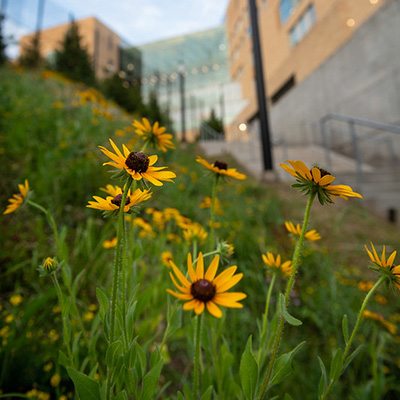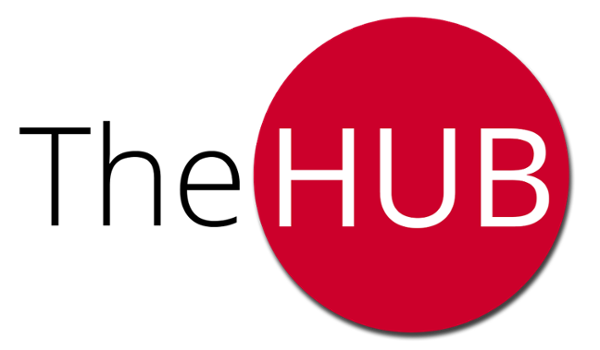 Summer Coursework at CMU
Summer Coursework at CMU
The summer term offers a great opportunity to enroll in Carnegie Mellon’s innovative courses and programs in fine arts, business, engineering, technology, liberal arts, and more. Summer classes allow more flexibility to focus on studies outside the typical fast-paced campus environment. Spending the summer at CMU is the perfect way to enrich your academic experience, stay on course to graduate in four years, and pursue research and internship opportunities.
Whether you're a current CMU student trying to stay on track or learn more about a particular field, a visiting student who wishes to take a course while you're home for the summer, or a high school student looking to explore pre-college programs, summer courses can help you reach your educational goals no matter where you are in your academic career.
Summer Employment Opportunities
Thinking about your summer opportunities? Learn more about summer employment opportunities available through Conference & Events Services and Pre-College.
Conference & Events Services
Conference and Event Services
The department of Conference and Event Services (CES) hires qualified students to assist the professional staff in the daily operations for the summer camp and conference season. CES provides students the opportunity to enhance their academic learning experience in a work environment by learning the operational aspects of our department and to broaden their communication, social, listening and writing skills, all while providing superior customer service for one of the leading universities. Please visit our website for additional information.
Pre-College
Pre-College Programs
The Office of Pre-College Programs seeks to hire student leaders to support its robust summer programs, which include 12 academic programs, with over 800 high school students, and offers a life-changing immersive college experience, inside and outside of the classroom. 65 CMU undergraduate students are hired as Resident Assistants (RAs) and Community Advisors (CAs) to provide a well-rounded offering of programming, support, and community development enhancing the Pre-College Programs' residential experience.
Pre-College RAs and CAs receive a financial stipend in addition to room and board, ongoing training, professional development, and time off.
Visit the Pre-College website for more information. Contact Meg Pryor at pclife@andrew.cmu.edu with any questions you may have.
Visiting Student Information
Visiting/Non-Degree Students
If you are a non-CMU college student striving to enhance your academic background, a CMU staff/faculty member or a local professional looking for professional development, please visit the Visiting/Non-Degree Student webpage to learn more about taking Carnegie Mellon coursework.
Teacher Development
The Leonard Gelfand Center provides professional development programs to teachers. All programs are eligible for Act 48 status.
CASOS Summer Institute
In June of each year, the Computational Analysis of Social and Organizational Systems Summer Institute provides an intense and hands-on introduction to network analysis and computational modeling of complex socio-technical systems. Participation is open to graduate students, faculty and personnel from industry, education, and government.
K-12 Student Information
Pre-College Summer Session
Carnegie Mellon offers a variety of summer Pre-College Programs for high school students. In Pre-College Summer Session, high school students enroll in CMU collge courses, earning credit and receiving a Carnegie Mellon Transcript. Courses are from subjects across the entire university, including science, humanities, social science, engineering, computer science, and technology applied to the arts. Students interested in pre-college opportunities in a specific area not listed should contact the appropriate department for more information.
Pennsylvania Governor's School for the Sciences
The Pennsylvania Governor's School for the Sciences (PGSS) was established in order to provide a summer enrichment experience in the sciences and mathematics for talented Pennsylvania high school students and to encourage them to pursue careers in the fields of science, technology, engineering or mathematics. The program provides instruction in biological sciences, chemistry, physics, mathematics, and computer science, with emphasis on collaborative learning and team research.
